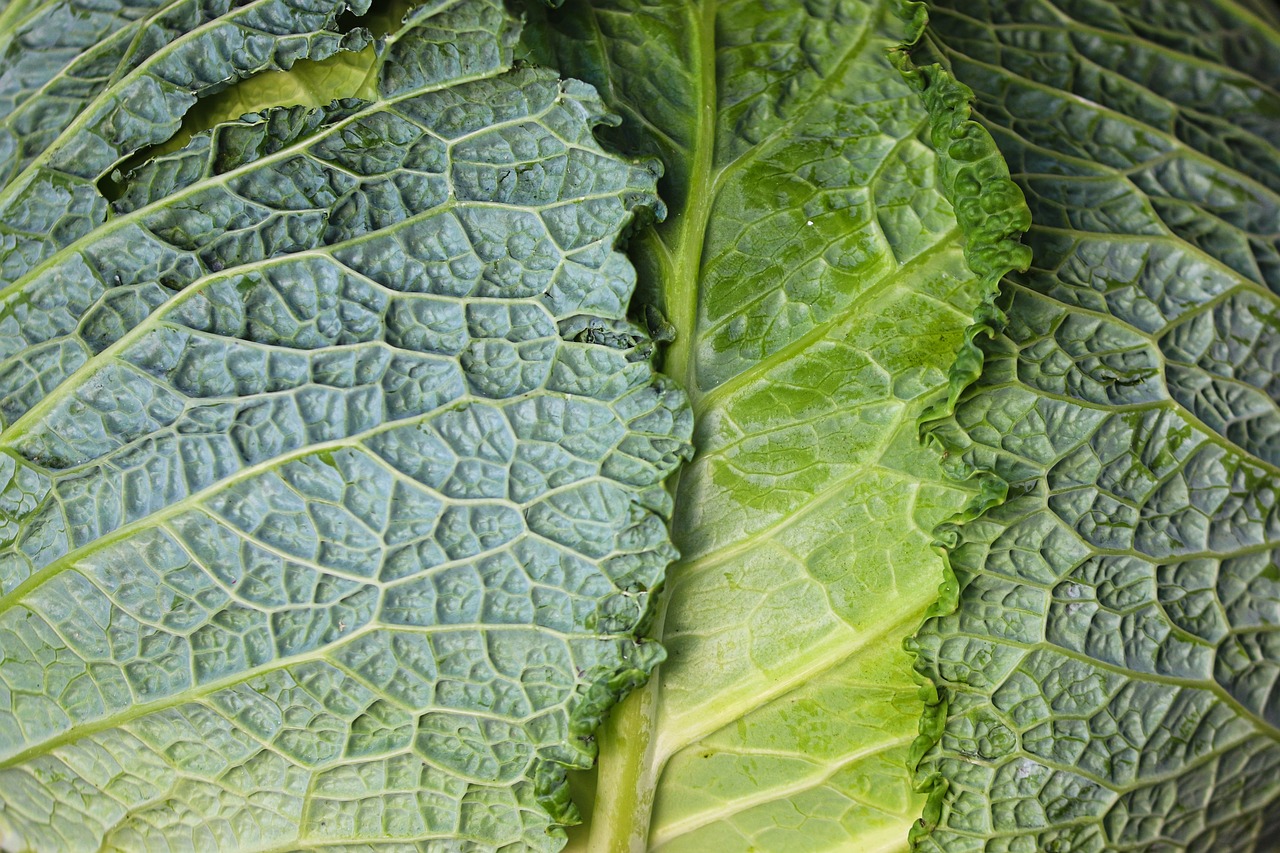In a world where staying healthy has become increasingly important, proper hydration often takes a backseat to other wellness practices. Yet, the significance of drinking enough water cannot be overstated. Hydration is essential for numerous bodily functions, from regulating temperature to maintaining skin health and aiding digestion. Whether you’re an athlete, a busy professional, or someone simply navigating daily life, understanding the effective hydration tips can elevate your health and energy levels. Let’s explore some key strategies to ensure you stay hydrated throughout the day.
The Importance of Hydration
Before delving into hydration tips, it’s crucial to grasp why staying hydrated is essential. Water constitutes about 60% of the human body and is vital for:
- Regulating Body Temperature: Helps in maintaining optimal body temperature, preventing overheating.
- Transporting Nutrients: Aids in the digestion and absorption of food, ensuring that your body receives the nutrients it needs.
- Cushioning Joints: Acts as a lubricant for joints, reducing the risk of injuries and discomfort during physical activities.
- Detoxification: Assists in flushing out toxins and waste products from the body via urine.
Research indicates that even mild dehydration can have adverse effects, leading to fatigue, headaches, and reduced cognitive function. Therefore, developing effective hydration habits is vital.
Know Your Daily Fluid Needs
Understanding how much water you need daily is the first step toward proper hydration. The general recommendation is:
- Men: Approximately 3.7 liters (or 13 cups) of total beverages per day.
- Women: About 2.7 liters (or 9 cups) of total beverages per day.
Factors Influencing Hydration Needs
Several factors can affect your hydration requirements:
- Activity Level: More physical activity increases fluid needs.
- Climate: Hot or humid weather can cause increased fluid loss through sweat.
- Lifestyle: Includes your dietary choices, such as consuming salty or caffeinated foods.
- Health Status: Illness or conditions like diabetes can also influence your hydration needs.
Using these factors, you can tailor your daily fluid intake to ensure you stay properly hydrated.
Practical Hydration Tips for Daily Life
Implementing effective hydration strategies in your daily routine can be straightforward. Here are some practical tips:
1. Carry a Water Bottle
Keep a reusable water bottle with you to encourage frequent drinking:
- Choose a stylish bottle to make hydration more enjoyable.
- Opt for one with measurement markers to track your daily intake.
2. Set Reminders
Incorporate reminders using technology:
- Set hourly reminders on your phone or use hydration apps to track your water intake.
- Create a habit by drinking a glass of water during every break.
3. Infuse Your Water
Bland water can be less appealing. Try enhancing the flavor:
- Add slices of fruits like lemon, lime, or cucumber.
- Experiment with herbs such as mint or basil for diverse flavors.
4. Use Hydration Stations
If you work in an office, promote hydration by:
- Installing hydration stations with easy access to water.
- Encouraging colleagues to drink water during meetings.
Hydration During Exercise
If you’re engaging in physical activities, proper hydration becomes even more critical:
1. Pre-Exercise Hydration
To optimize performance:
- Drink at least 16-20 ounces of water at least 2 hours before your workout.
- For longer sessions, consider consuming electrolytes to replenish what you lose through sweat.
2. During Exercise
Stay hydrated while working out:
- Drink 7-10 ounces of water every 10-20 minutes during intense activities.
- If exercising for longer than an hour, opt for sports drinks containing electrolytes.
3. Post-Exercise Recovery
After exercising, rehydrate effectively:
- Drink 16-24 ounces of water for every pound lost during exercise.
- Consider smoothies with hydrating fruits to replenish lost liquids.
Recognizing Signs of Dehydration
Being aware of dehydration symptoms is crucial for maintaining optimal hydration:
Common Signs of Dehydration
- Thirst
- Dry mouth and throat
- Dark yellow urine
- Fatigue or dizziness
Taking immediate action upon noticing these signs is essential. Increase your water intake and consult a healthcare professional if symptoms persist.
Conclusion
Staying adequately hydrated is paramount for your overall health and wellness. By understanding your hydration needs, implementing practical tips, and recognizing the signs of dehydration, you can foster better health outcomes for yourself and those around you. Regularly drinking sufficient water can transform not just your physical health but also your mental well-being. Start incorporating these hydration tips into your daily routine today, and experience the numerous benefits that come with proper hydration!



